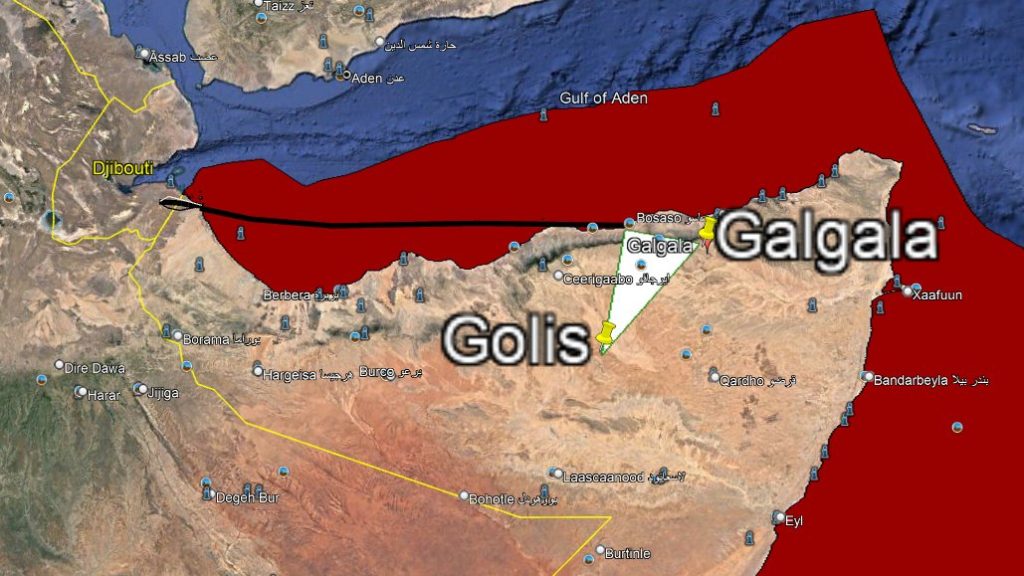The DAESH affiliate in Somalia has significantly expanded its ranks, with the influx of foreign fighters doubling its size to an estimated 600-700 members. This growth, according to recent intelligence assessments, has enhanced the group’s operational capacity and territorial control, particularly in Puntland’s Cal Miskaad mountains.
Foreign fighters reportedly arrive via maritime and overland routes, with individuals from Syria, Yemen, Ethiopia, Sudan, Morocco, and Tanzania contributing to the group’s strengthened capabilities. Some captured militants have revealed training connections to individuals from the Middle East.
The DAESH affiliate has capitalized on these reinforcements to bolster its position in Puntland, even seizing territory from its rival, the al-Qaida-aligned El-şebab group. Intelligence sources have described these developments as a significant shift in the local power dynamics.
Since 2022, Somalia has hosted the al-Karrar office, one of nine regional DAESH branches supporting global operations. Despite leadership losses, the office has decentralized its functions, making it more resilient and difficult to disrupt.
Leadership changes within DAESH Somalia have also been noted. Abdulqadir Mumin, the group’s former leader, now oversees DAESH operations across Africa as head of the directorate of provinces. The Somali affiliate is currently led by Mumin’s former deputy, Abdirahman Fahiye Isse, with financial operations managed by Abdiwali Waran-Walac.
While DAESH Somalia remains relatively small, its financial resources are robust enough to sustain local activities and contribute to broader DAESH operations. Security experts warn that the Horn of Africa’s environment may continue to attract aspiring militants, further entrenching the group’s presence in the region.
The rising prominence of DAESH Somalia on the global stage underscores the urgent need for coordinated counterterrorism efforts to address this emerging threat.

